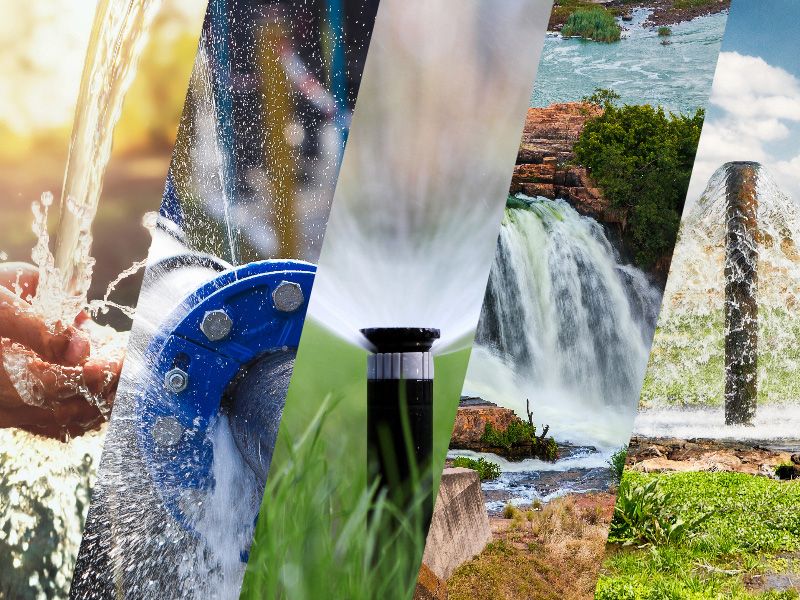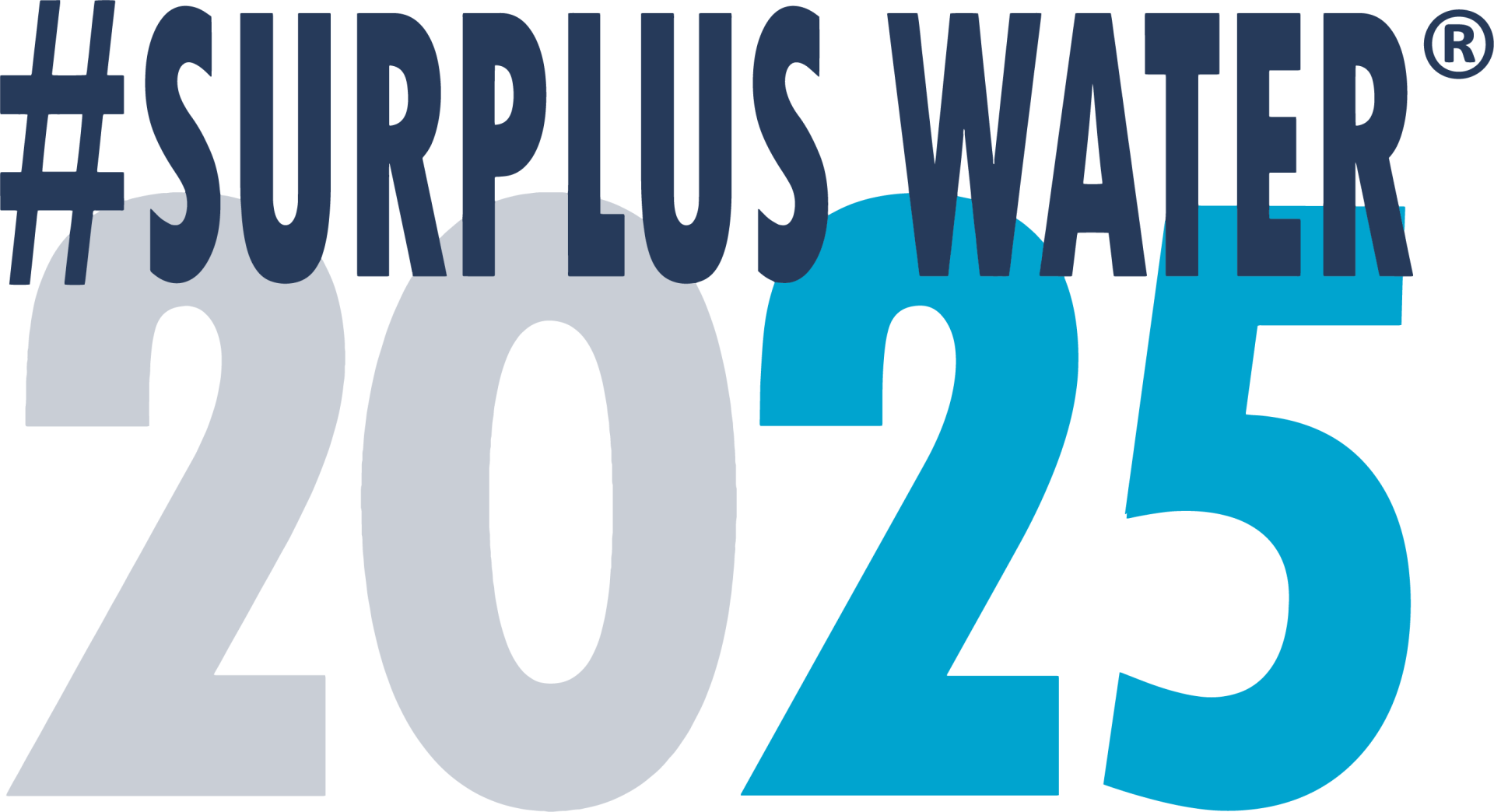The 5 R’s of Water Responsibility
Nov 24
/
Aldert Brink

Pete Seeger and a fountain of chocolate
Blog Series: The 5 R's of Water Responsibility
Long ago in a far-away kingdom, lived a generous king. The people in his kingdom were happy and lived a good life. One day the king purchased a large amount of cocoa-beans. Due to his love for chocolate, he has always dreamt of a chocolate fountain at his kingdom's annual festival. Every year, people from all over the kingdom gather for a week of gratitude, feasting, celebration, and showing their appreciation for life. The highlight of the festivities was the grand banquet held in the heart of the kingdom's capital. The king commissioned the kingdom's most skilled builders and artisans to construct a magnificent pot and fountain in the city square. Only the castle's most esteemed chefs were entrusted with the task of preparing the finest chocolate to fill the grand pot. The pot would supply the fountain with decadent chocolate so everyone could enjoy a generous taste of the yumminess.
The king sought to foster a sense of communal ownership and participation in the grand endeavour. He decreed that every person attending the feast contribute a glass of milk to the chocolate fountain. As the evening preceding the celebration approached, people gathered to pour their milk into the pot. A small family decided to throw water in the pot instead of milk. They reasoned that a negligible amount of water would surely blend unnoticed in the vast quantity of milk.
The next day, much to everyone's surprise, when the fountain started up, instead of chocolate, it produced a brown, watery substance resembling something that smells a lot like cocoa. It seemed that most people attending argued that a little water in a large pot of milk would not make a difference.
Deeply disappointed, the king cancelled all feasts, indefinitely.
The fountain remains in the middle of town as a constant reminder that even the smallest actions can have a big impact on the grand scheme of things.
This is true for our water usage. We can't afford to think that our individual impact on water doesn't make a big difference. In the case of water, a dried-up fountain would not only serve as a monument reminding us of the good old days but will have life threatening consequences.
A short summary of the
5R Waste Management Framework.
In the 1970's an environmentalist by the name of Pete Seeger popularised the phrase "Reduce, Reuse, Recycle" as a framework for promoting sustainable and responsible waste management. With time the 3R principle became a 4R principle and today we know it as the 5R principle. "Refuse, Reduce, Reuse, Repurpose, Recycle".
-
Refuse:Avoid or reject the use of products or practices that lead to unnecessary waste generation. Remember to consciously avoid items that are not environmentally friendly, always.
-
Reduce:Minimise the consumption of resources and the generation of waste and be mindful of the efficient use of products to reduce your waste footprint.
-
Reuse:Try not to discard items after single use, but find ways to use them again.
-
Repurpose:Repairing, repurposing, or donating items can extend their lifespan. Composting turns organic materials into nutrient-rich soil, which can be used for gardening and agriculture.
-
Recycle:Processing waste materials to create new products helps reduce the demand for new raw materials and decreases the impact of waste disposal.
Just as we use the 5R's to manage waste, we can also apply the 5R principle to Water Management.
The 5R's of Water Responsibility.
We believe that everyone has a role to play in protecting our Water Resources. EVERYONE. This means, your role as an individual AND your role as part of a group of people (company, city, community, school). Let's explore each of the 5Rs in the context of Water Responsibility:
-
Remind:
Be mindful of your water usage. Know how much you use by monitoring your demand. -
Reduce:
Find and fix water leaks. Focus on efficient water use and eliminate wasteful daily practices. Continuously minimise your overall water usage. -
Reuse:
Find creative ways to extend the life of water by reusing the water in your care. -
Recycle:
Recognise the role you play in the big picture. Wastewater treatment plants purifies water and places it back into the natural cycle. -
Recharge:
Restore and protect natural water sources, such as forests and wetlands, which play a crucial role in maintaining water quality and quantity.
Be sure to follow our blog series The 5 R's of Water Responsibility as we dive a little deeper into each of these.
#IntelligentWater use - my Responsibility.
Empty space, drag to resize
Join the conversation
Don't miss an R! Follow us on Facebook or Instagram for more Stories of Water.
Empty space, drag to resize
Who we are
A community of water warriors, working together to raise water awareness, saving every drop and together, aiming for surplus water in South Africa.
Get in touch
-
South Africa, Earth :)
-
droppie@surpluswater2025.com
#SurplusWater2025 Copyright © 2025
